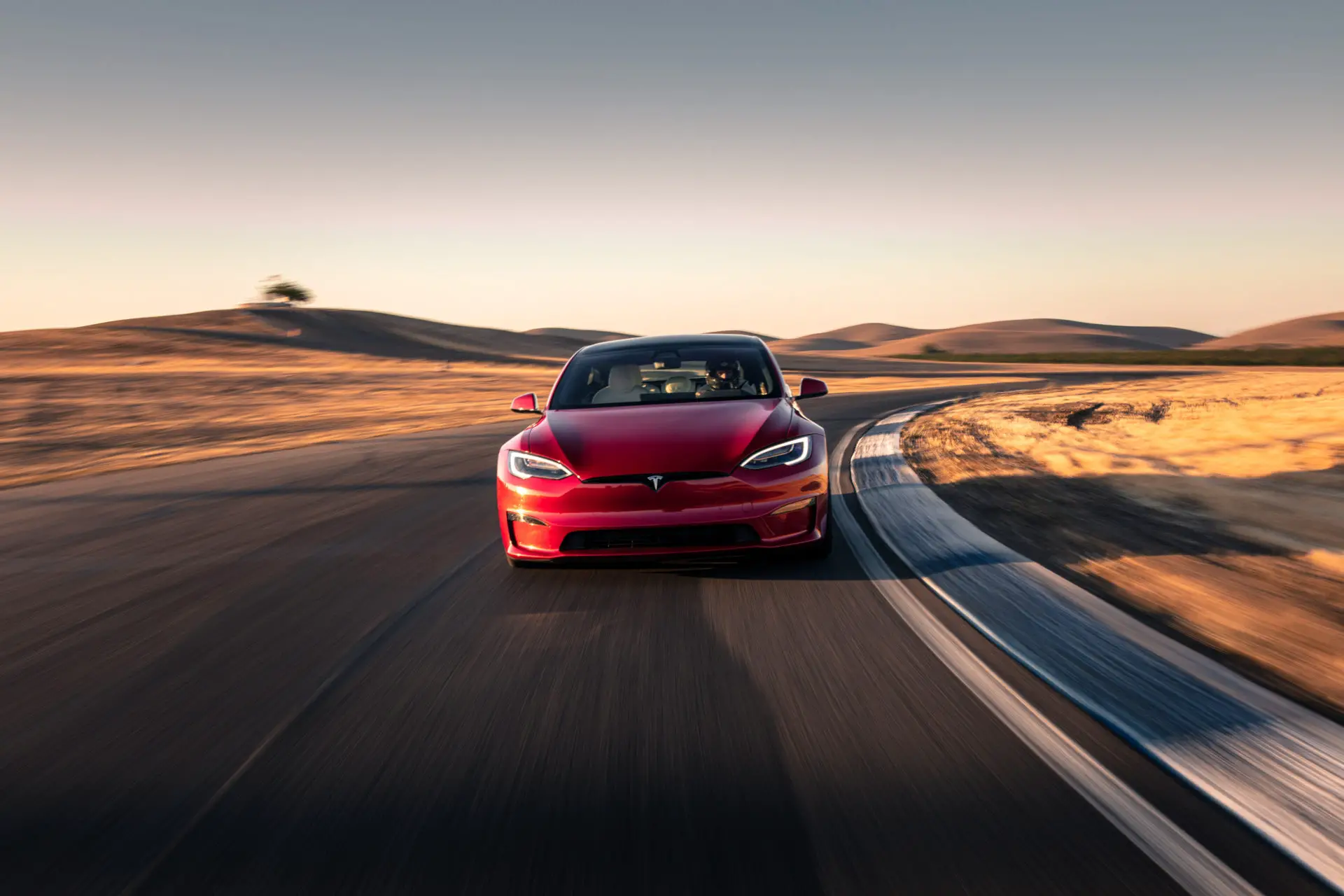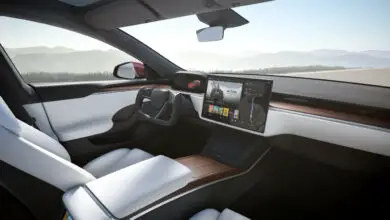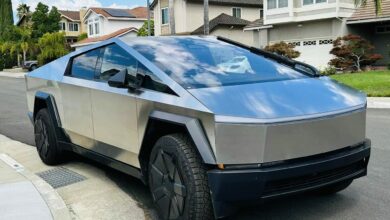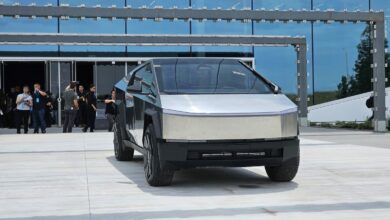Tesla’s Elon Musk Personally Emails Father Of Tesla Crash Fatality
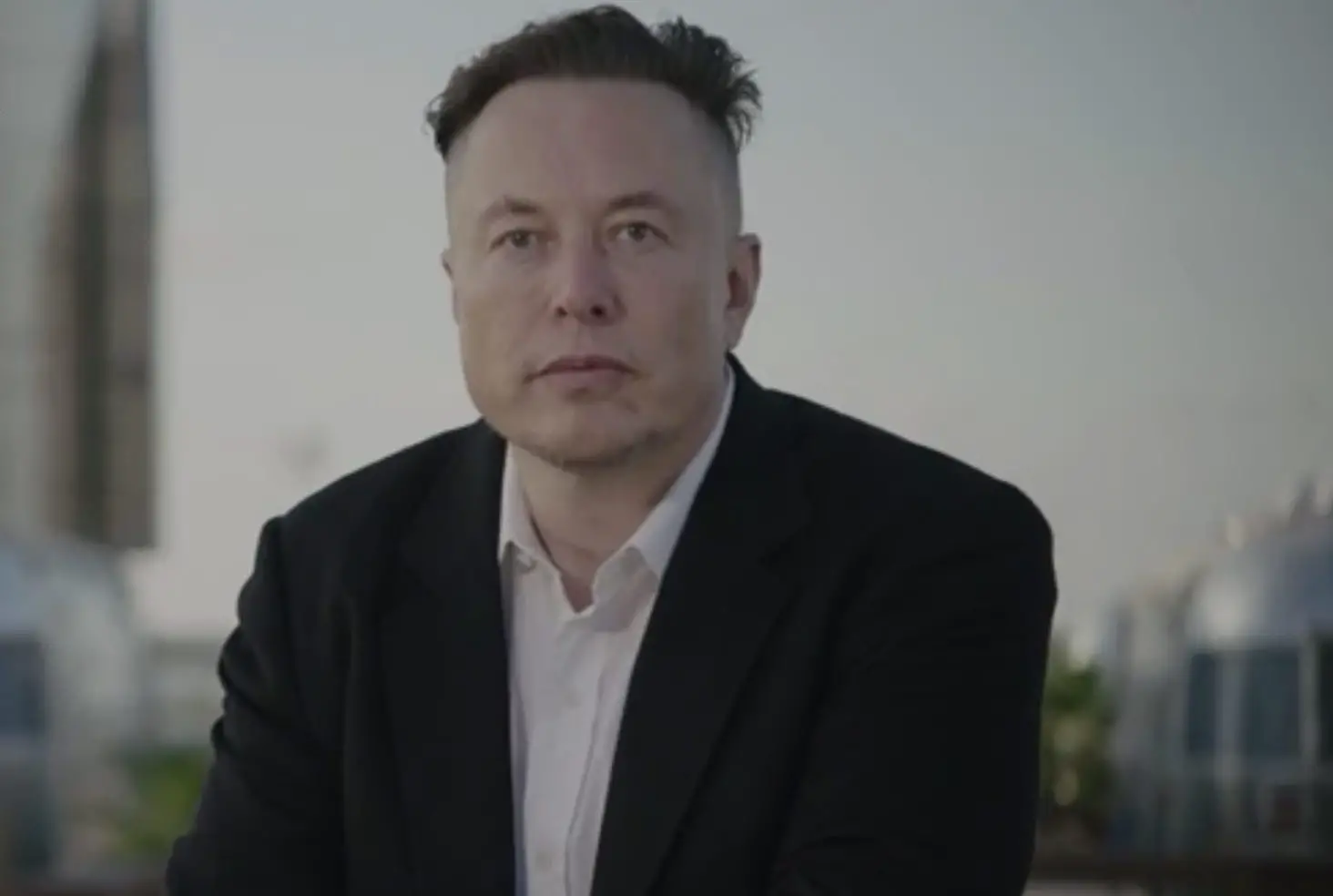
Tesla CEO Elon Musk is notorious for his creative ideas, brusque management style, and provocative tweets. Being a compassionate individual is not something that necessarily springs to mind when you first think of him. However, a more empathetic figure has emerged in court records. “There’s nothing worse than losing a kid,” Musk writes in emails with the father of a teenager who sadly passed away in a Tesla accident in 2018.
Elon Musk’s replies to the father during a seven-week thread offer an uncommon look at his personal involvement in customer service following a tragic accident. He even alludes to his personal tragedy, which he has never mentioned in public before. “My firstborn son died in my arms. I felt his final heartbeat,” Elon wrote, recalling Nevada Alexander Musk, who died ten weeks old after being born prematurely.
On May 8th, 2018, when James Riley’s son, Barrett, was behind the wheel of a Tesla Model S at 116 mph in Florida, he lost control and slammed into a concrete wall of a house. The automobile was caught on fire.
Both Barrett Riley and his passenger did not survive the incident. The email exchange was revealed in a court document filed this month in a wrongful death lawsuit. The attorney in that case is attempting to persuade a judge to order Musk to answer questions regarding Tesla’s Autopilot assisted-driving technology. For Mr Riley, Musk goes above and beyond by changing an automated feature so parents can better regulate the maximum speed of their Tesla.
Tesla released a software update in June 2018 that enabled drivers to set the maximum speed between 50 mph and 90 mph through the vehicle’s smartphone app or user interface using a four-digit PIN. The capability was renamed in memory of Barrett Riley, according to the owner’s handbook.
Riley wrote to Musk on May 31st, 2018:
“I’ve never asked for acknowledgment for anything in my life, but it would be nice to acknowledge that Barrett and Edgar’s loss led to the enhanced safety of others,”
Musk told Mr Riley two days before:
“[Tesla] is doing everything we can to improve safety. My friends, family and I all drive Teslas, and even if they didn’t I would still do everything I could.”
Mr Riley filed a product liability suit against Tesla in a Florida federal court, two years after the email conversation. After the collision, the lithium-ion batteries “burst into an uncontrollable and fatal fire” according to the report. “Barrett Riley was killed by the battery fire, not by the accident,” he said.
According to the complaint, Tesla removed a speed limiter device from Mr Riley’s son’s car without permission two months before the accident. If Tesla had not been negligent, the limiter would have prevented the accident, and “Barrett Riley would be alive today,” according to the lawsuit. Tesla didn’t respond to requests for comment on this story. The battery was not defectively designed, according to Tesla’s response to the lawsuit.
The company also claims that Barrett Riley himself visited the service center “with a concern about the vehicle’s acceleration performance,” and that he requested that the speed limiter be disabled. It is reported that this case is scheduled to go to trial this year.
